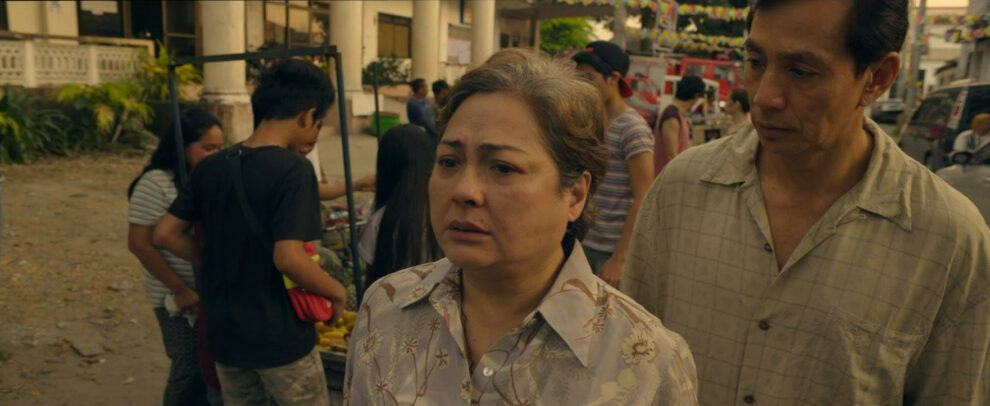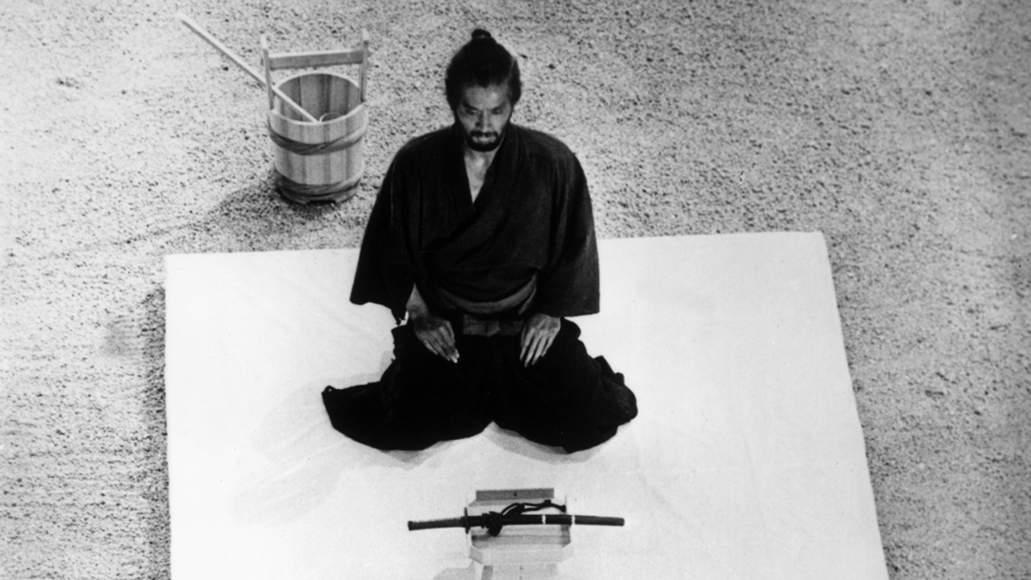The Filipino crime thriller has a unique approach that includes documentary-like realism in the narrative, in the style dictated by the likes of Lino Brocka, Mike De Leon, Brillante Mendoza and Erik Matti. Sonny Calvento, in his feature debut back in 2017, implemented a similar approach in “The Decaying” a film that won an award for its production design in the 2017 Cinemalaya.
The film begins with a man in a remote area witnessing a Westerner and a teenager throwing and burning parts of a bed in the same field, obviously trying not to be seen by anyone. A bit later on, the man, whose name is revealed to be Jason, buys a sack of cement and returns to his house, where the first thing he does is to fire the housemaid, Ingrid, who happens to be his wife's cousin. The woman is shocked but soon becomes suspicious as her cousin is nowhere to be found, while neither Jason nor his son, who has been with him the whole time, wants to talk to her. Ingrid goes to her house next door, and immediately asks her son to climb on a tree and see what Jason is doing, with his suspicious behavior becoming more intense.
Eventually, she involves her husband and her other son, Rommel, who usually takes Jason's two daughters to school, asking them to find out what is happening. What they discover make the whole thing even more mysterious, since no one seems to know where Luna is. In the meantime, Jason is trying to take his whole family and leave the country to the US, but keeps stumbling upon various issues.
Essentially from the beginning (actually after the initial scene) Sonny Calvento creates a sense of tension which derives from Jason's intense behavior, his son's passive one, and Ingrid's anxious one, which actually carries the movie until the end of its 95 minutes. This approach is intensified by the contradicting efforts of Jason and Ingrid, with the former desperately trying to leave the country while obviously hiding something, and the latter trying to find out what is happening with the help of her family. This double fold approach, along with the permeating tension, definitely carries the crime/mystery atmosphere of the movie, but also allows Calvento to make a number of social comments, which are intensified as soon as the police become a factor.
That the attitude towards “the only American in the neighborhood” borders on racism becomes apparent from the beginning, with locals trying to cheat him, exploit him or just simply hating him, even though Jason does not exactly help his position, with Calvento essentially adding to this approach, by having him “carry” his son with him in all of his deeds. That things become rather complicated when local politicians and the police become a factor is also a comment regarding how the system works in the country, with the same applying to Jason's efforts to sell his car or get money to get airplane tickets. Furthermore, the way “neighborhoods” function, in essence as small communities, including both the meddling and the will to help each other, is also highlighted through the story.
Also of note is the buildup here, with Calvento changing the person of focus repeatedly, in a fashion that increases the sense of disorientation about what is happening (and what will happen in the end) and retaining the aforementioned sense of tension. Both this transition, with Joris Fernandez's editing helping the most in that regard, and the overall buildup are handled quite well, with the exception, though, of the finale, which is definitely not worthy of the build up. The notion that Jason might have been an alcoholic do justify it a bit, but definitely not fully, in a finale that is also somewhat far-fetched , not that much by the act itself, but by the perpetrator.
Billy Ray Gallion as the villain of the story is quite convincing, without becoming a caricature, as many of the foreigners that act in Asian movies tend to do. Gina Alajar as Ingrid steals the show with her caring, pushy, and relentless attitude.
Apart from the ending, and a few issues with the script here and there, “The Decaying” stands shoulder to shoulder with the works of the people mentioned in the prologue, in another testament to the prowess of the country's cinema in the particular genre.
















